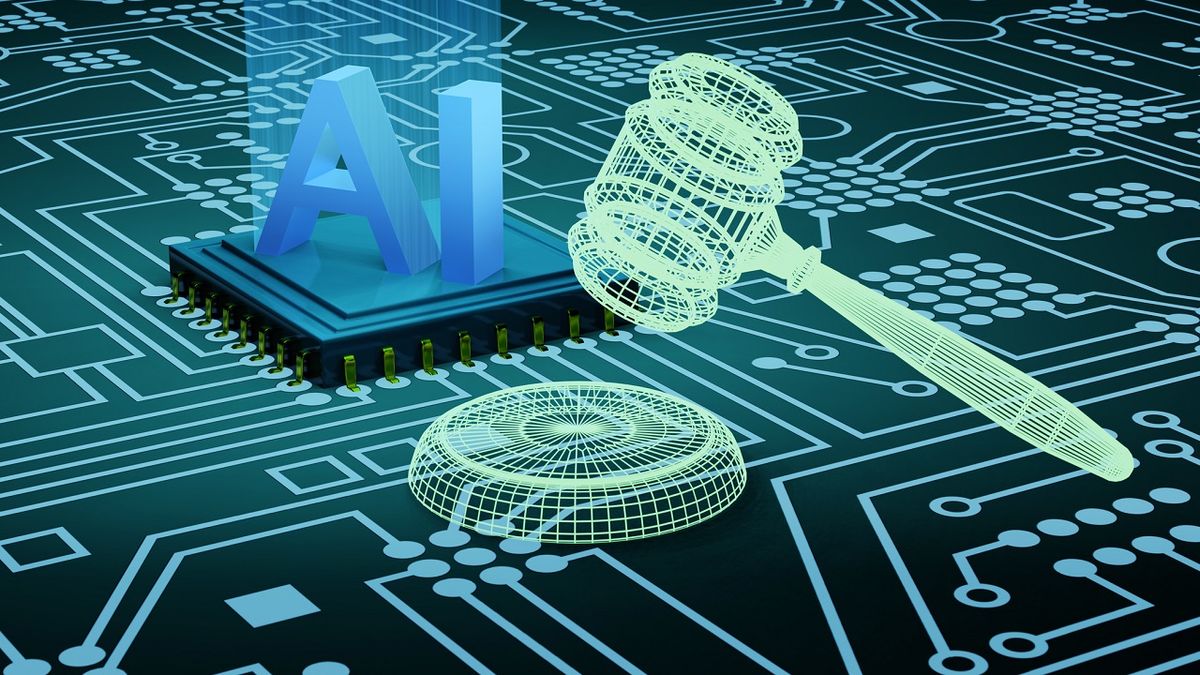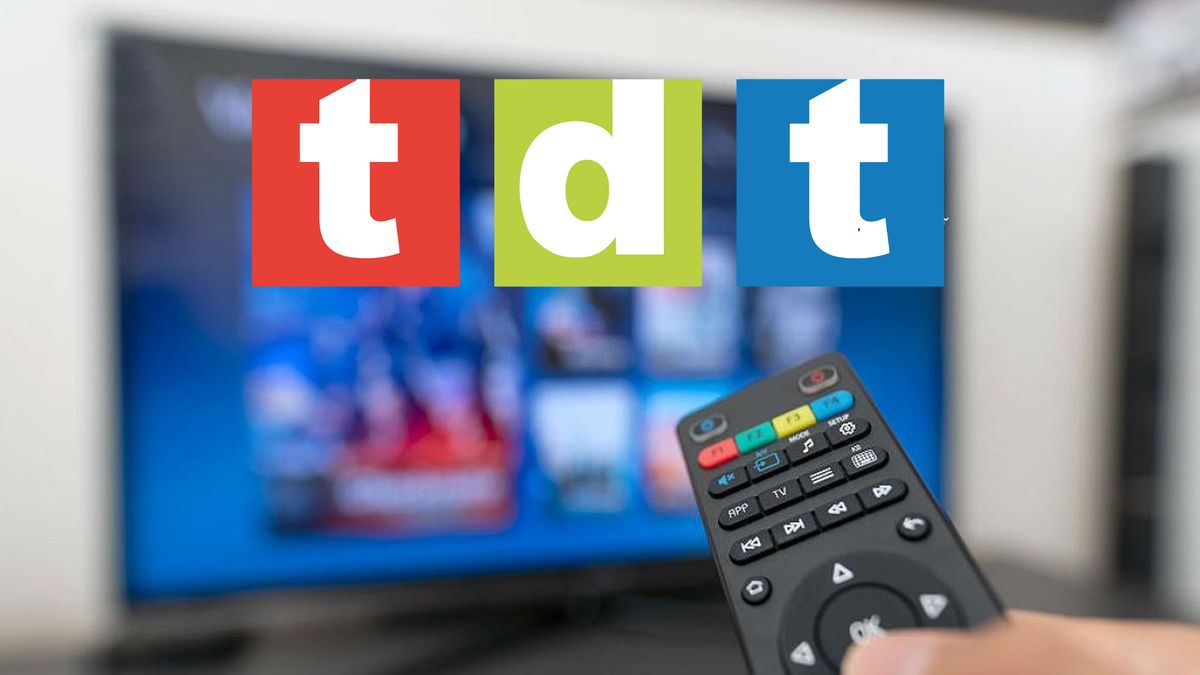These are the key points of the new EU law to regulate artificial intelligence

Artificial intelligence has arrived to, presumably, transform people’s lives and jobs in many ways. But as this controversial technology grows, so do its alleged risks. From those that point to real threats to humanity, in the purest science fiction movie style, to more specific ones.
That’s why, The European Union has decided to develop a new law to regulate AI, how it works and how far it can go. After two years of carrying it out, the keys to it have already been perfectly defined.
The new EU law to regulate AI
Since artificial intelligence stopped being something for experts and began to become popular among ordinary users, thanks in part to ChatGPT, Google’s new Gemini or WhatsApp’s next AI, warnings of its dangers have been in order. of the day. Even famous people like Elon Musk or Bill Gates have had words of suspicion about it.
Above all, when it comes to its misuse. Like any technology that is valued, everything seems to indicate that artificial intelligence can be beneficial or a real risk depending on how it is managed.
Something that the EU intends to arbitrate through its new law to regulate AI. Something in which It has moved ahead of the United States or China, which to date have no restrictions.
However, and as usually happens in these cases, the process for the new law to take effect is not so quick. Although its approval has been a great step, the reality is that it still must be confirmed by all member states of the European Union, as well as the European Parliament. What does this mean in practice? Well then Until 2025, in theory, it will not come into force.
The key points of the law
One of the aspects that most concerns the European Union, as reflected in its new law, is the transparency of tools that work with AI. For example, at the time of make it clear to users when they are interacting with one.
Besides, All artificial intelligences that, in some way, attempt to manipulate human behavior will be prohibited. and decision making.
In fact, the EU has cataloged the risks of AI in different degrees, with the highest of these being absolutely unacceptable, according to them. Those that, in turn, interact with basic infrastructure, or are linked to medicine, will be “high risk” and will require careful supervision by experts.
On the other hand, the law specifies that Those companies that do not comply with their requirements, especially when talking about “prohibited” applications, will face million-dollar fines.. In addition, restrictions are sought that limit surveillance activities, allowing the use of measures such as facial recognition only in specific cases.
For its part, AI such as ChatGPT (called general purpose AI) They must be subject to regulations that guarantee their transparency and that do not violate fundamental rights, in addition to avoiding possible accidents. The same thing is intended for this law to protect copyright.
All of these measures can mark the future of artificial intelligence. Will they mean a change in the way it is used? Will they be enough as this technology evolves? That only time will tell.



